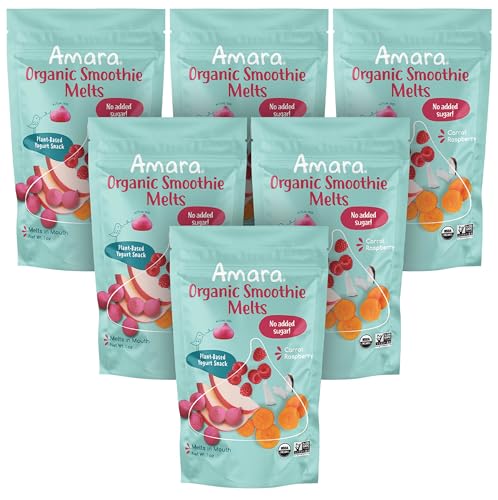I've never actually seen a rabbit with a confirmed wuzzy mutation. In the astrex groups I was part of on facebook, I would frequently see people try to broach the topic of various health concerns, only to be shouted down by others who said that it was their line and that selective breeding or culling would get rid of any problems.
The only consensus allowed? No health problems.
Sort of like how colony raising has no issues in the colony groups. :roll:
Later, I would see people either quietly sell out, or announce they are getting out of the breed due to those very same health issues that they weren't allowed to talk about.
*shrug*
I'd just like to mention that astrex is quite common as a random surprise in breeding programs, but vary rarely exists as a selectively bred trait in well established herds. Considering the speed of rabbit reproduction, the information available online, and the amount of people willing to take up an astrex project, I think, the implications speak for themselves.
On another note, my Mucky is the source of the genes I was working with, despite the fact that she only shows the slightest of curl as an adult.
She's several years old now, and a very fit rabbit with an iron stomach!!
I did hear from her breeder that her mother had very poor health, and died after struggling to produce just a few kits.
Some of her Mucky's kits didn't seem to have problems. About 50% did, despite excellent mothering. (She had a massive milk supply, and fostered many kits, none of which showed health problems.)
I determined that whatever it was, it was a genetically dominant trait. Her litters were consistently curly, with three different v-lop bucks, from totally different bloodlines. I know for sure that it wasn't just a bad cross. All of those rabbits were the same breed and thus rexed.
Later I determined that crossing one to a non-rexed rabbit would produce normal coats that did not show any curl.
Unfortunately, even the normal coated crosses from that line would develop swollen lymph nodes, as was demonstrated by her son when bred to a meat mutt doe. (He had slightly swollen lymph nodes as a kit, but they reduced with age.) He did grow up to be very fit and healthy. Other kits had nodes so swollen it disfigured their faces and I was forced to mercy cull.
Either way, MY line wasn't worth working with, but another line might be. I suspect there are many curl genes as it may actually occur spontaneously in different breeds as a fairly common random mutation. That would at least help explain why people report such inconsistent results.




































































